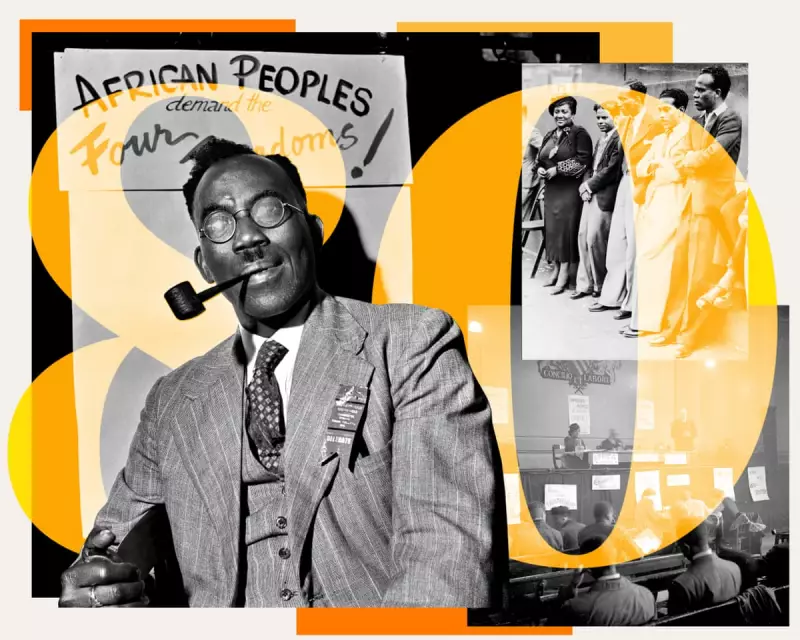
In the autumn of 1945, as Britain emerged from the shadow of world war, Manchester became the unlikely epicentre of a revolution in Black political thought. The Fifth Pan-African Congress, held from October 15-21, would become a watershed moment in the struggle against colonial rule.
The Unlikely Host City
Post-war Manchester, with its significant Black population including Caribbean servicemen, African students, and railway workers, provided the perfect backdrop. The city's radical traditions and growing diaspora communities made it an ideal location for what would become the most significant Pan-African gathering of the 20th century.
The Architects of Change
The congress brought together future giants of African politics. A young Kwame Nkrumah, who would become Ghana's first president, served as organising secretary. Jomo Kenyatta, destined to lead Kenya to independence, played a crucial role. They were joined by Trinidadian intellectual George Padmore and American activist W.E.B. Du Bois, creating an unprecedented convergence of Pan-African leadership.
From Manchester to Independence
The resolutions passed in Manchester proved remarkably prescient. The congress demanded immediate independence for African nations, universal suffrage, and an end to racial discrimination. Within just over a decade, Ghana would become the first sub-Saharan African nation to gain independence, led by congress organiser Nkrumah.
A Living Legacy
Today, Manchester continues to honour this radical heritage. The city's Central Library houses a special collection of congress documents, while community groups maintain the spirit of Pan-African organising. Annual events and educational programmes ensure new generations understand this pivotal moment in global Black history.
As Dr. Hakim Adi, professor of the History of Africa and the African Diaspora, notes: "The Manchester Congress marked the transition from petitioning colonial powers to demanding freedom. It transformed Pan-Africanism from a largely intellectual movement into a mass political force."
Why Manchester Still Matters
Eight decades later, the congress's impact resonates through:
- Political awakening - It catalysed independence movements across Africa
- Diaspora unity - It connected Black struggles across continents
- British civil rights - It inspired subsequent generations of UK activists
- Global solidarity - It established networks that continue to shape international relations
The Manchester Pan-African Congress stands as a testament to how marginalised communities, when united by a common purpose, can change the course of history from unlikely places.





